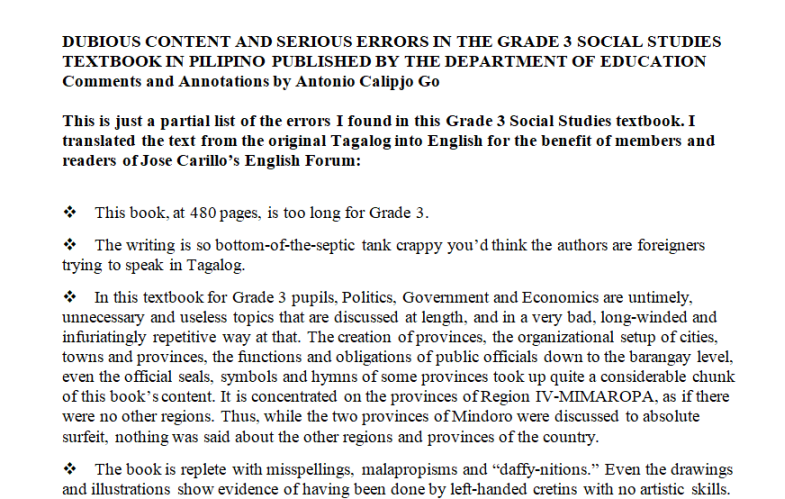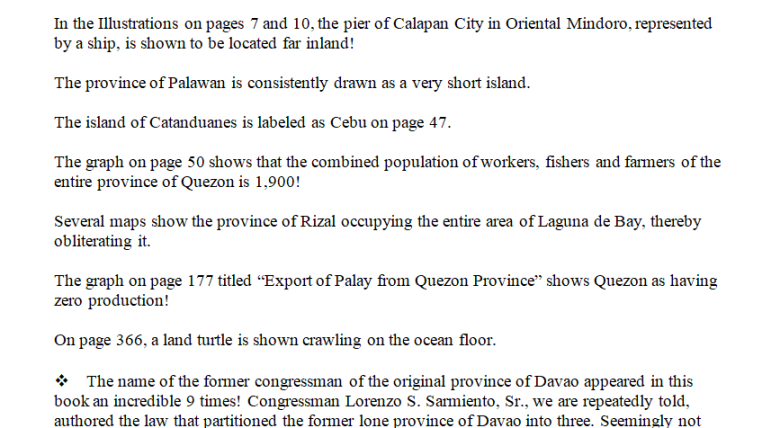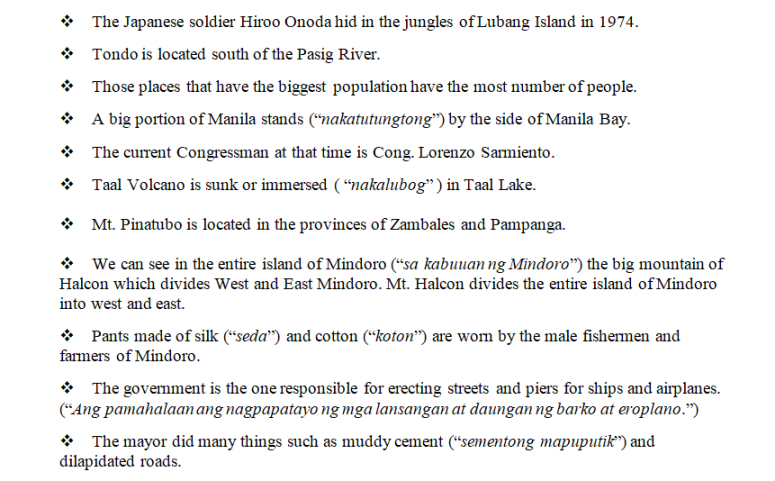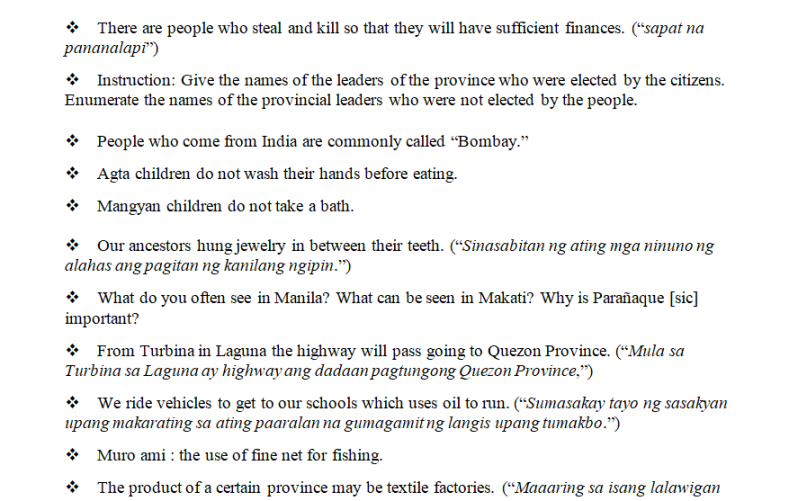Deliberately and Intentionally Miseducating the Filipino:A Critique of the DepEd's Grade 3 Araling Panglipunan Textbook for Public SchoolsBy Antonio Calipjo GoAcademic Supervisor, Marian School of Quezon CityA textbook published by the Department of Education,
Araling Panlipunan, Kagamitan ng Mag-aaral sa Ikatlong Baitang (Social Studies Learner’s Material for Grade 3), has been used since 2015 by Grade 3 public school pupils in their subject HEKASI* (Geography, History and Civics). I reviewed this book after buying a copy way back in November 2015 for Php300.00; it was from one of the many bookstores along Claro M. Recto Avenue in Manila, which sell public school textbooks, on the face of which are the words “Owned by the Government, Not for Sale.” Two years later, on November 21, 2017, I bought a second copy from the same bookstore for the same price. Both copies have never been used when I bought them.
After meticulous review and evaluation, I discovered that this textbook contains a total of 1,308 dubious content and errors. Because it is 480 pages long, that comes to about 2.7 errors per page! This abomination was made possible through the collaborative efforts of 4 main writers, 13 contributors, 2 translators, 5 artists, 2 encoders, 1 supervisor (
tagapangasiwa) and 3 “managers” (
tagapamahala). This project had the blessings of former Education Secretary Armin Luistro and Undersecretary Dina Ocampo.
The book’s copyright page does not show the name of any editor or reviewer, and why should it? Why should the Department of Education bother to review a textbook of which it is supposedly both the author and the publisher? The writers are public school teachers. Who had chosen them? What are their qualifications? Were they paid for job not done well?
To the best of my judgment, the 32 individuals responsible for producing this badly done, misshapen textbook should be made to account for their negligence, imprudence, and lack of skill in producing it. I understand that the DepEd has made an order to reprint 4.3 million copies of that textbook, but I think it would be prudent for the DepEd to put that order on hold until all its 1,308 errors shall have been corrected.
The DepEd has been publicly and formally notified about the presence of so many dubious content and errors in this book. Going ahead with its order to reprint it without first correcting the errors is not only wasteful but tantamount to deliberately and intentionally producing and selling a defective product, an act punishable by law.
I strongly believe that the production of defective textbooks is a crime against our children. The publication, propagation, and distribution of grossly defective textbooks is, altogether, nothing less than a crime against our people. Substandard textbooks contribute in great measure to the steady decline and deterioration of Philippine education because the harm that they do is protracted, profound, and permanent. As a result, our weak and sick educational system in general produces students and graduates of inferior quality, and they in turn produce adults, teachers, professionals and parents of likewise inferior quality. In time, they collectively produce progressively weaker and weaker spawn in a continuing and unbreakable downward spiral.
If the Filipino people will not act decisively now to correct this terrible state of affairs in its educational system, we will soon find that we have become a nation of stupid, ignorant, feeble-minded people incapable of thinking straight and acting right.
------------
*HEKASI is the acronym for “Heograpiya, Kasaysayan, at Sibika,” first used by the Department of Education, which contains the subjects for secondary schools concerning social studies.ABOUT THE AUTHOR:Mr. Antonio Calipjo Go, retired academic supervisor of the Marian School of Quezon City, has been waging a lonely crusade against badly written English-language textbooks in the Philippines for many years now.
***






